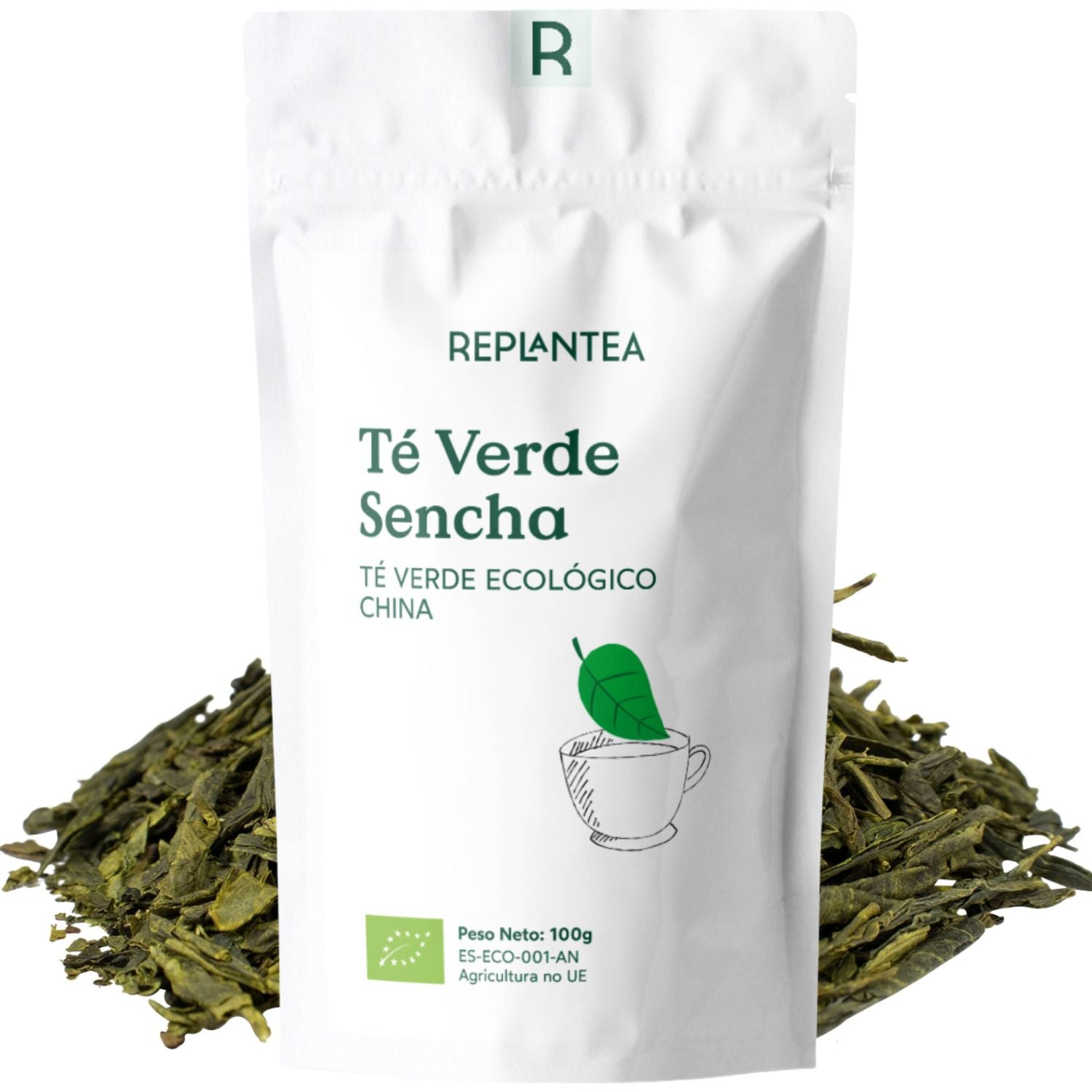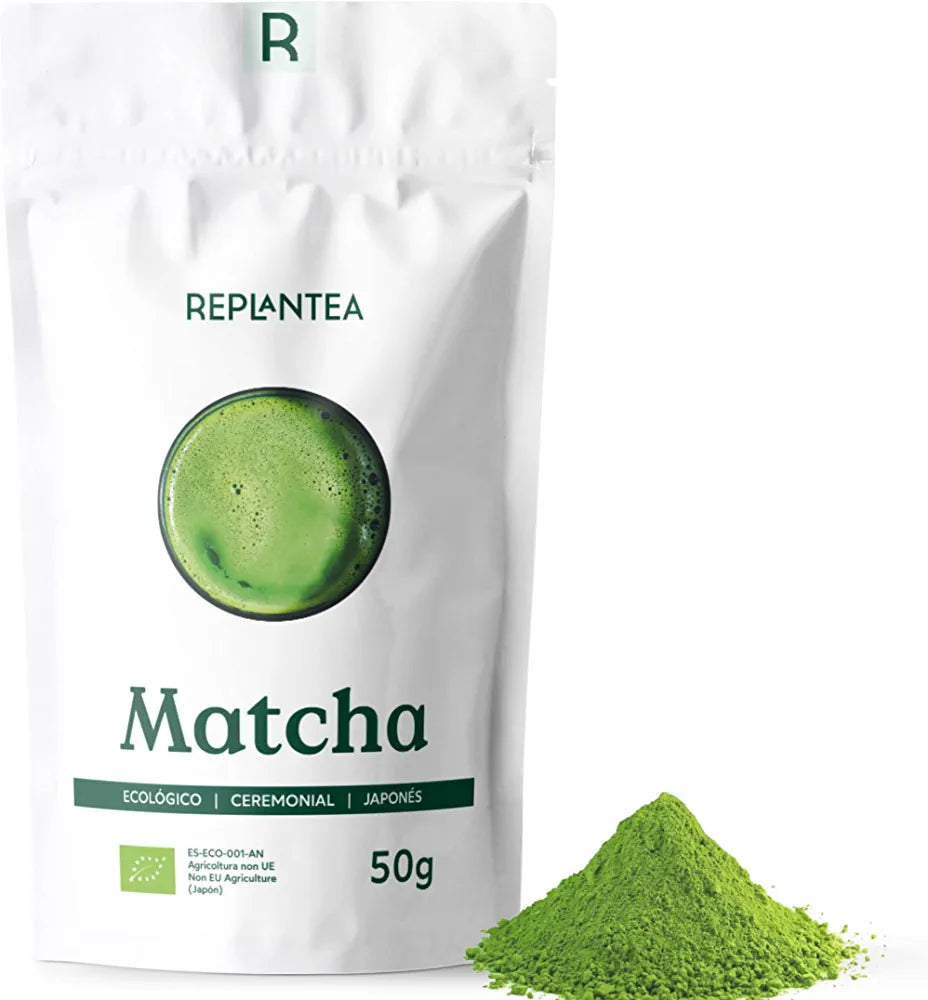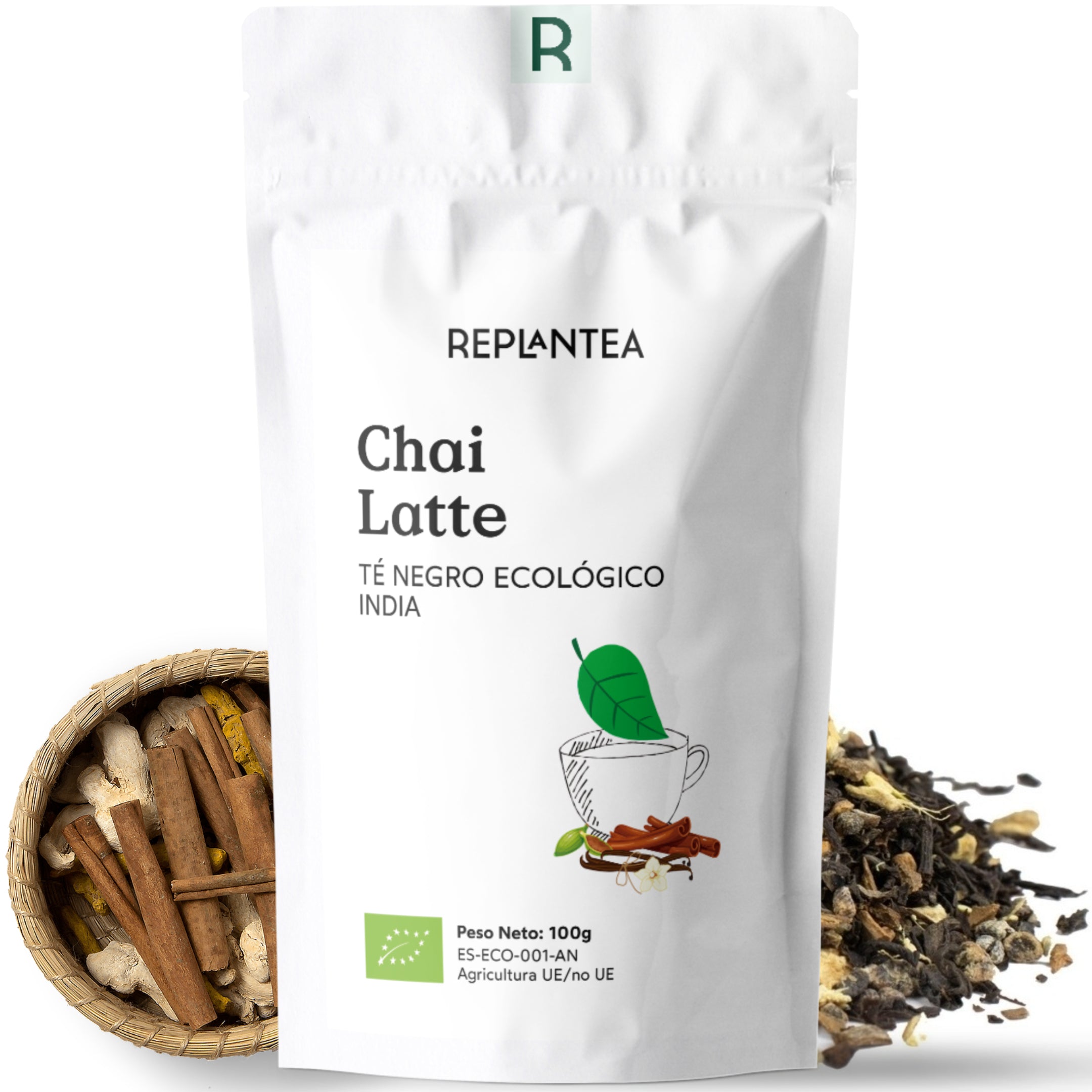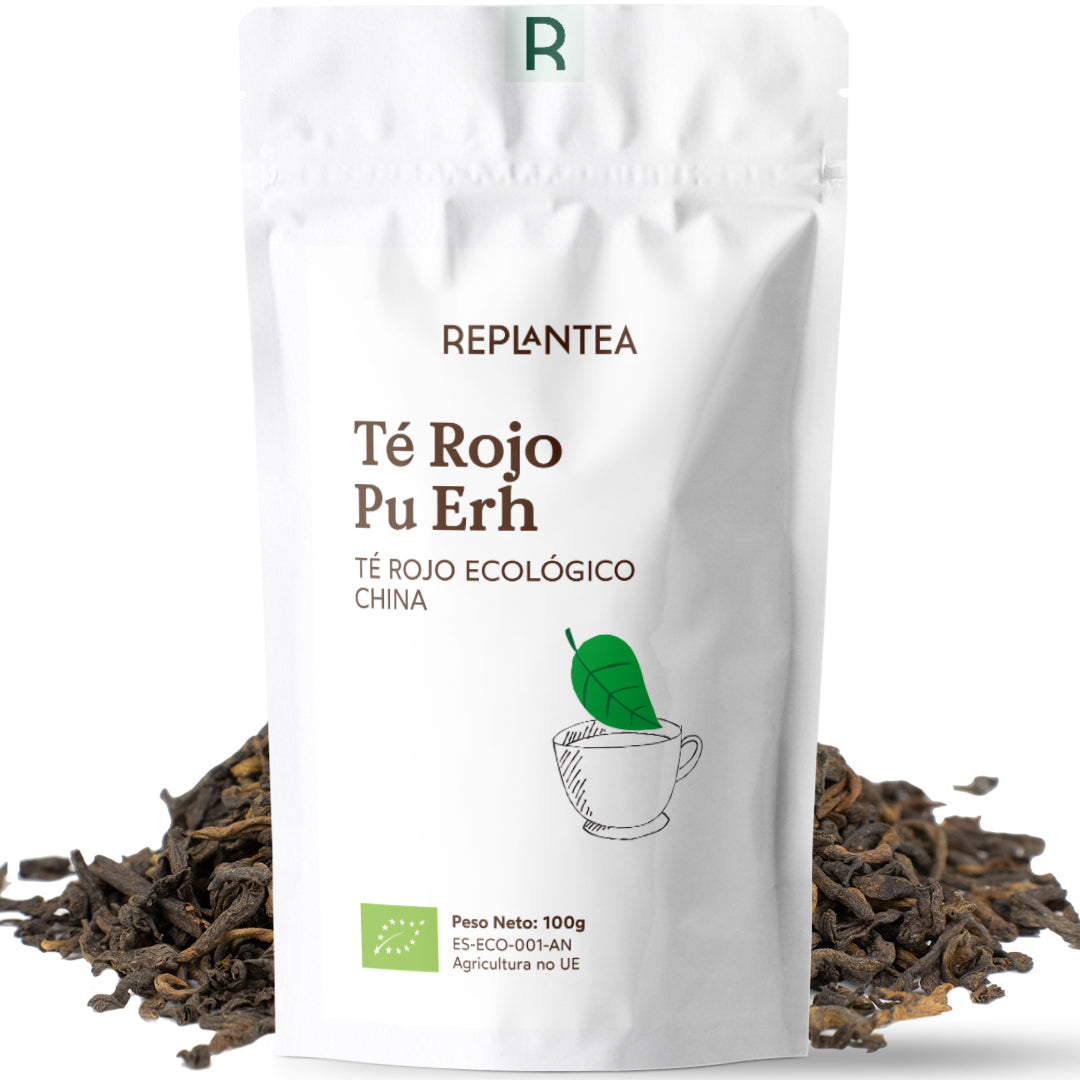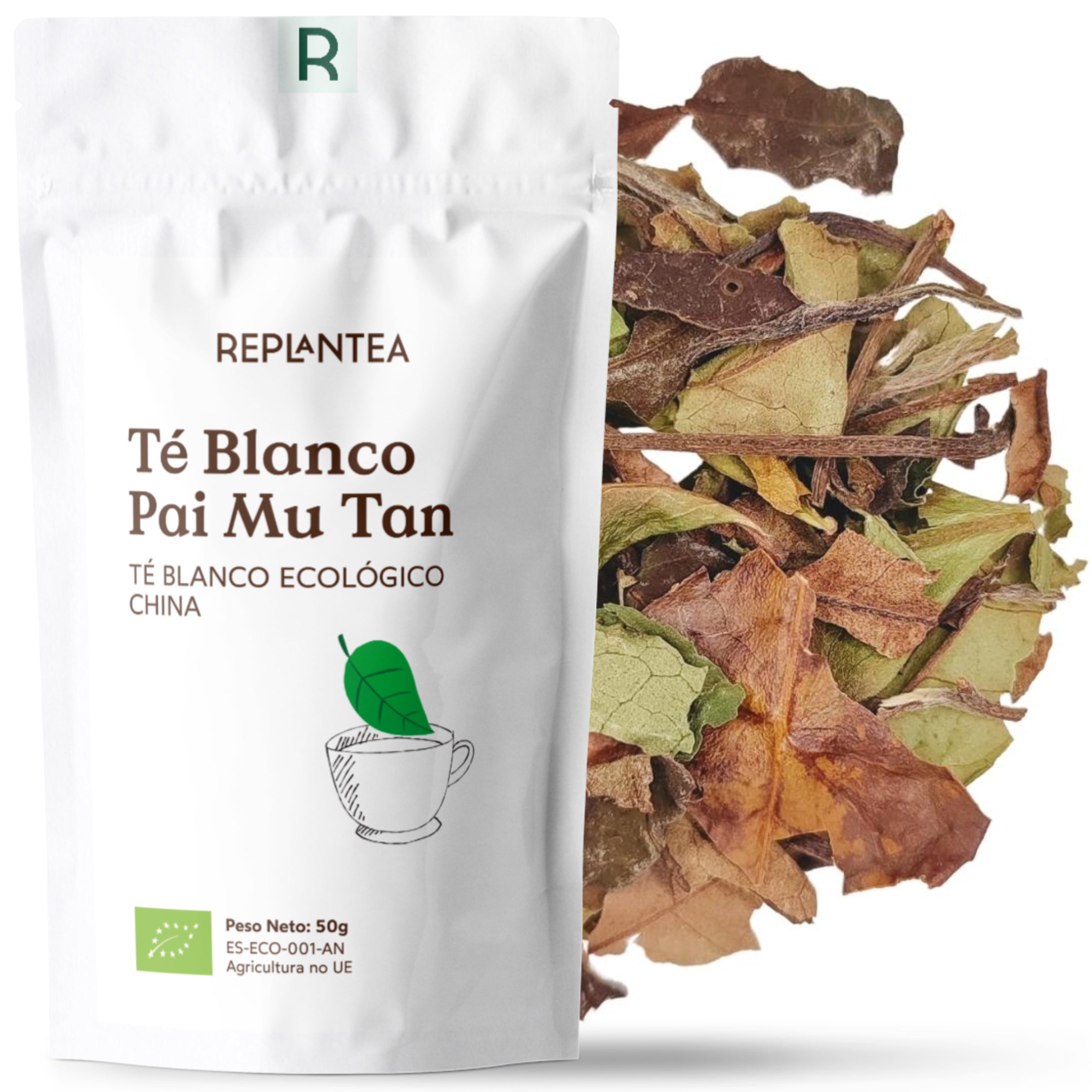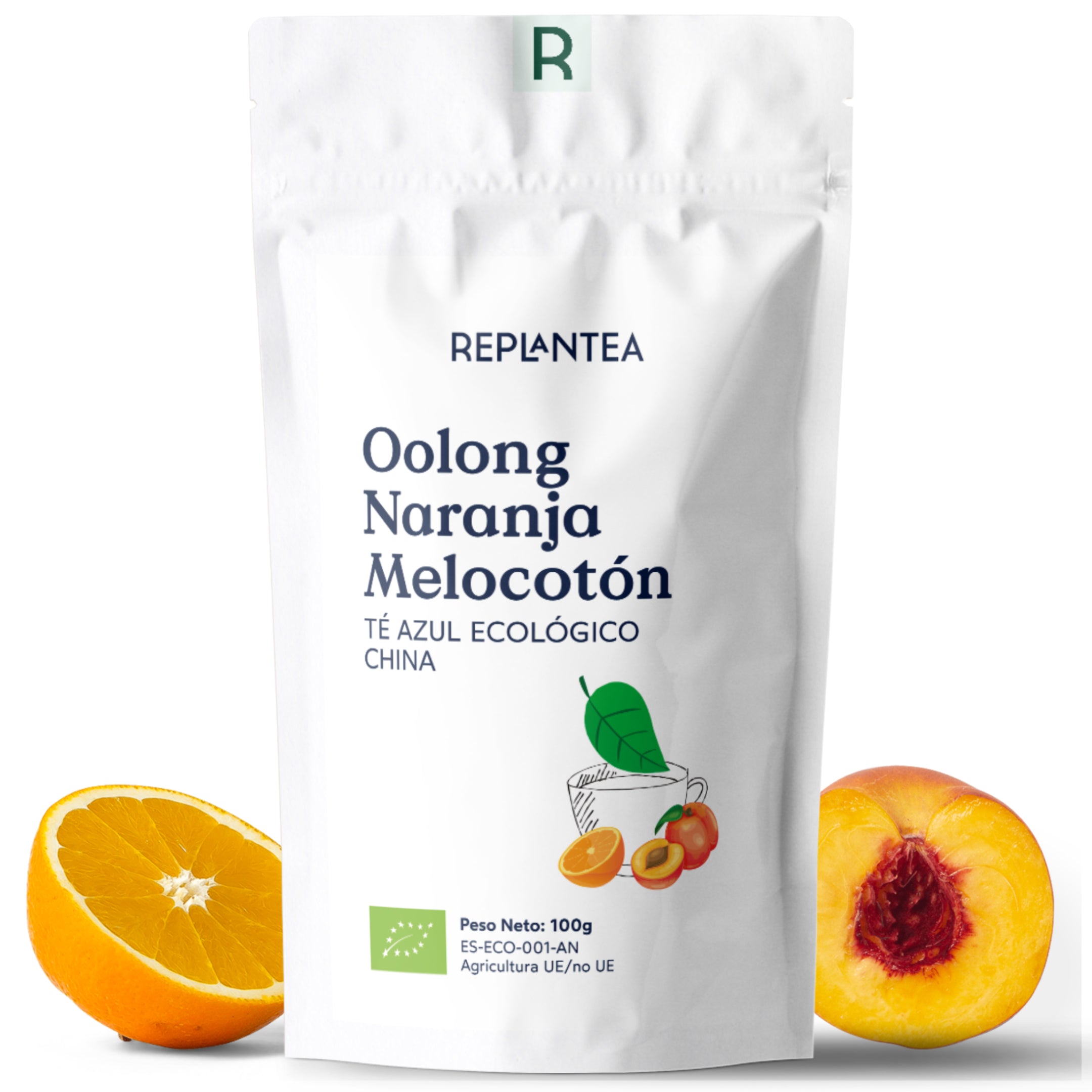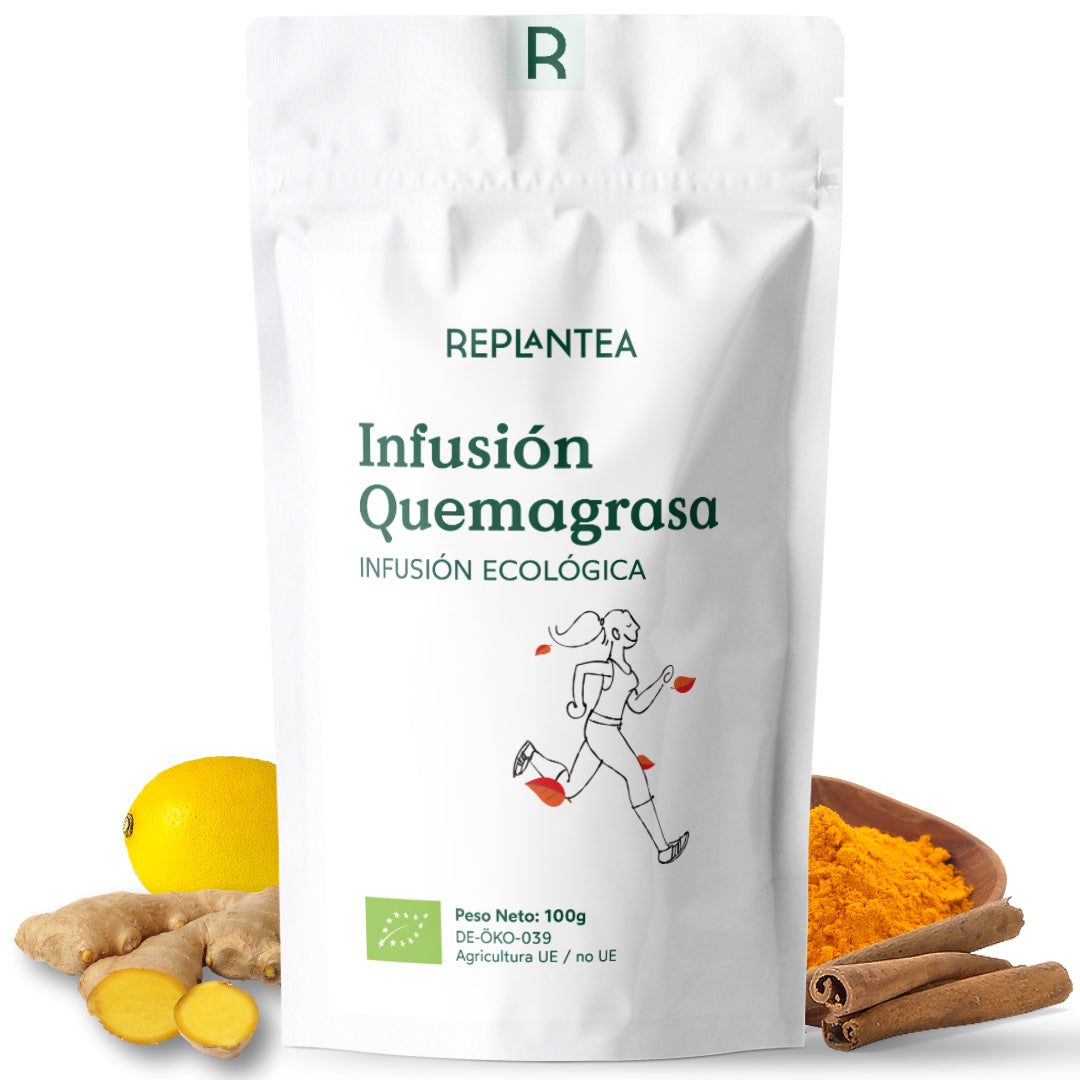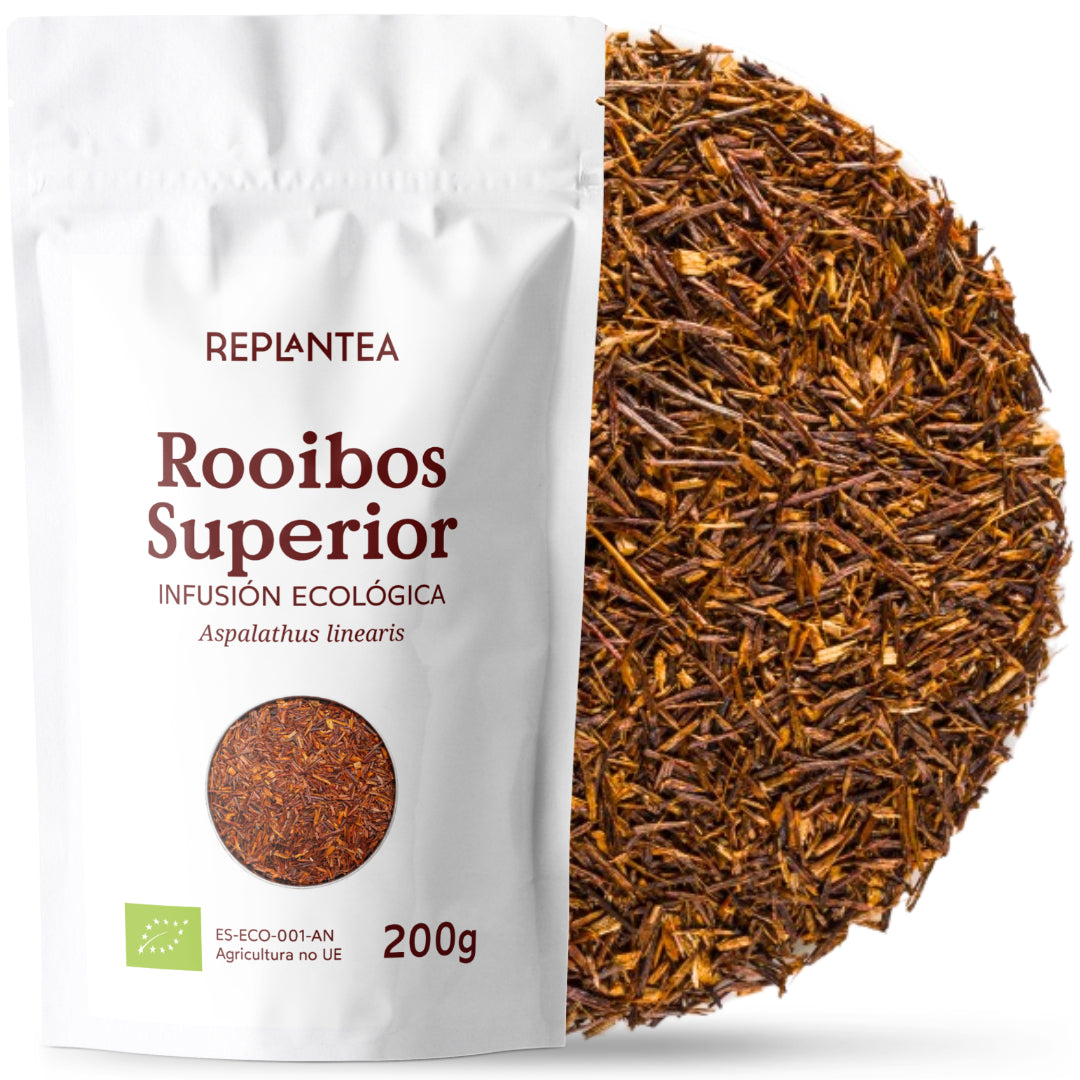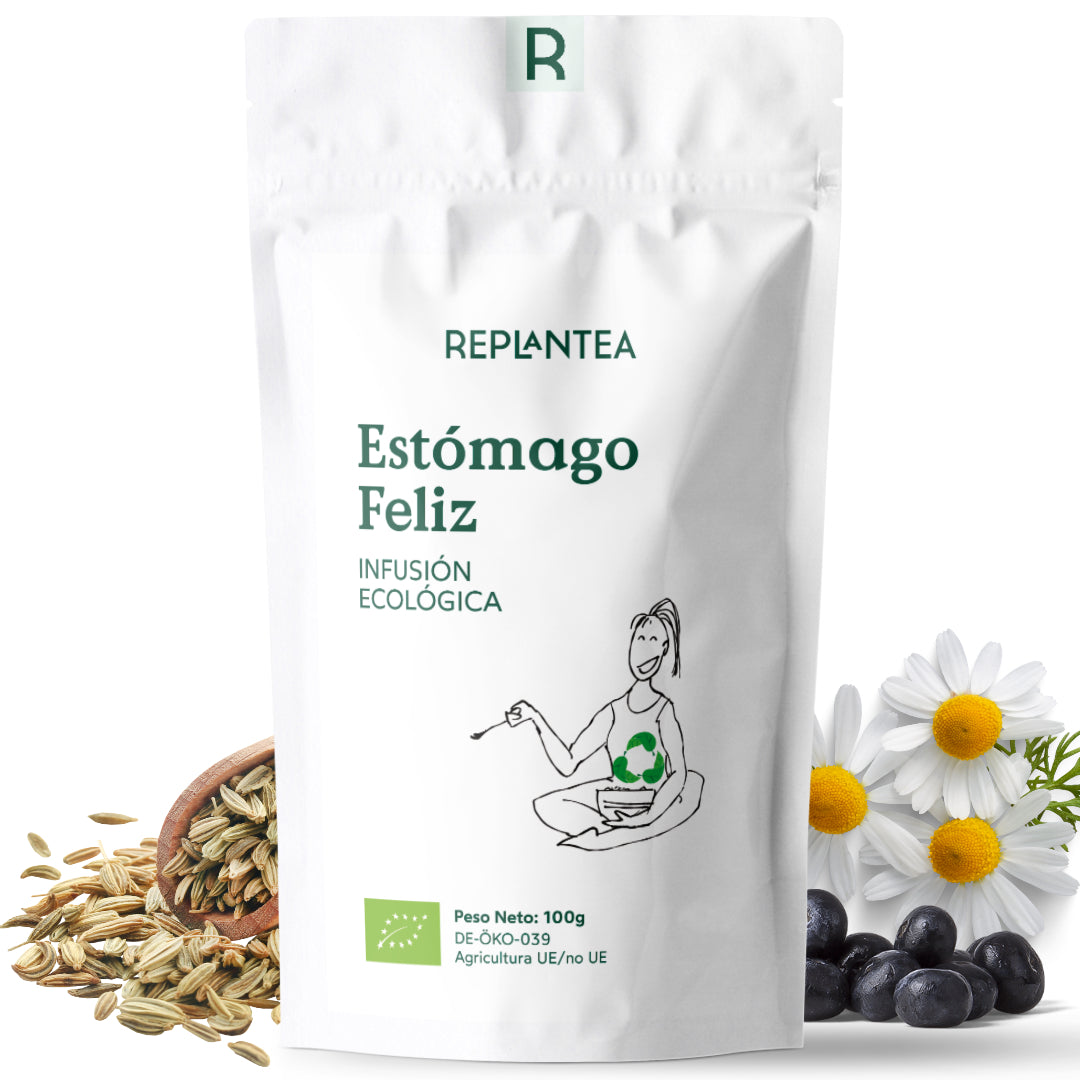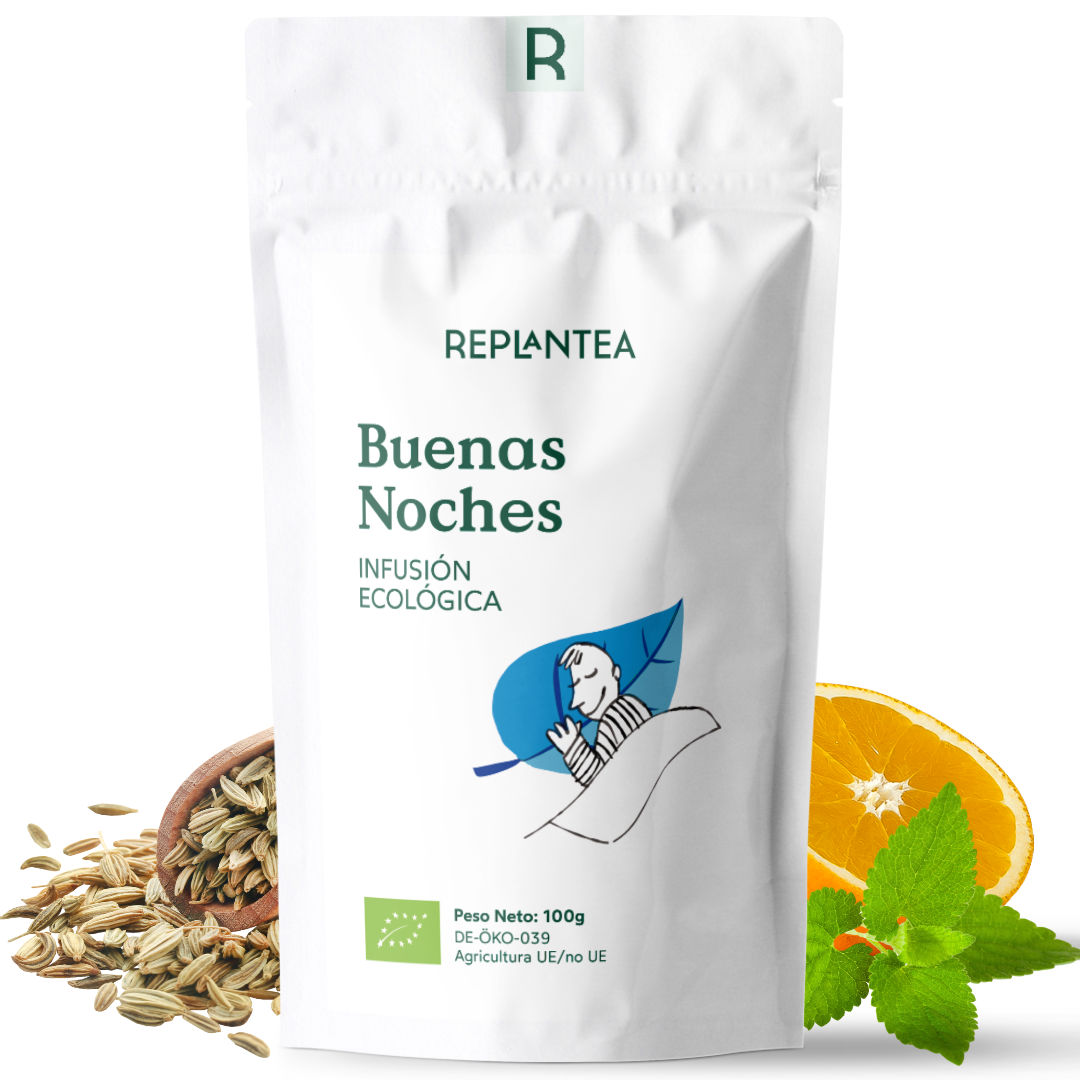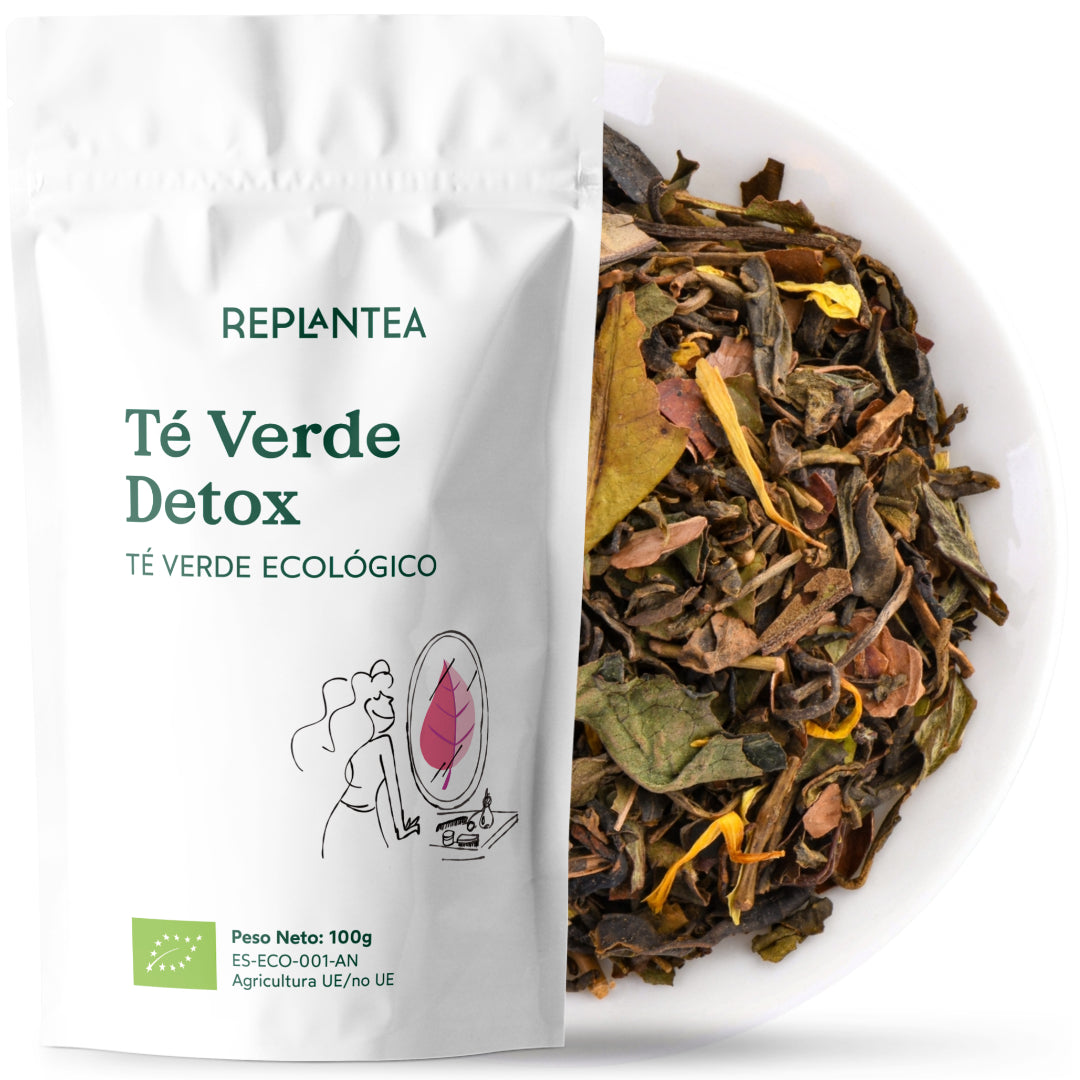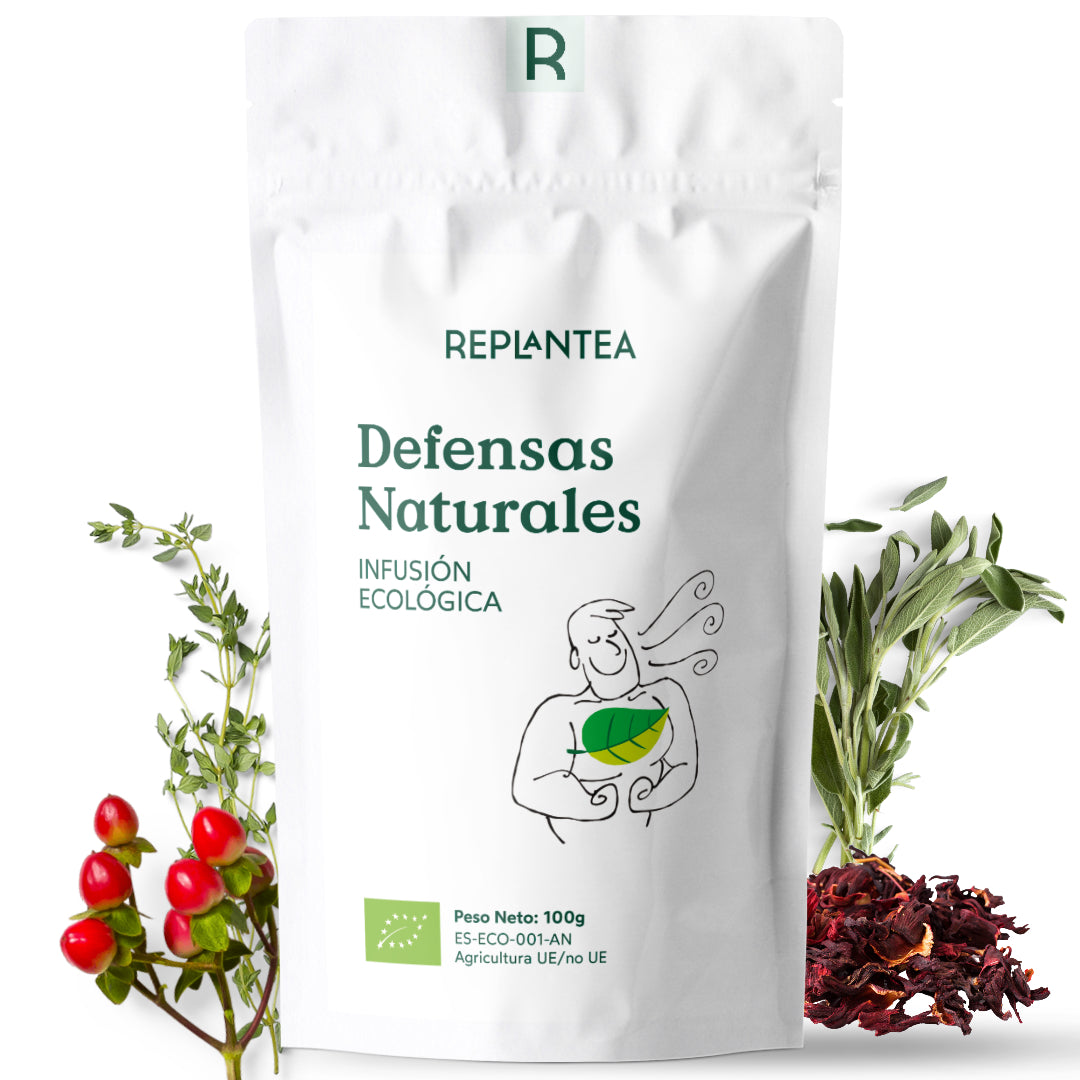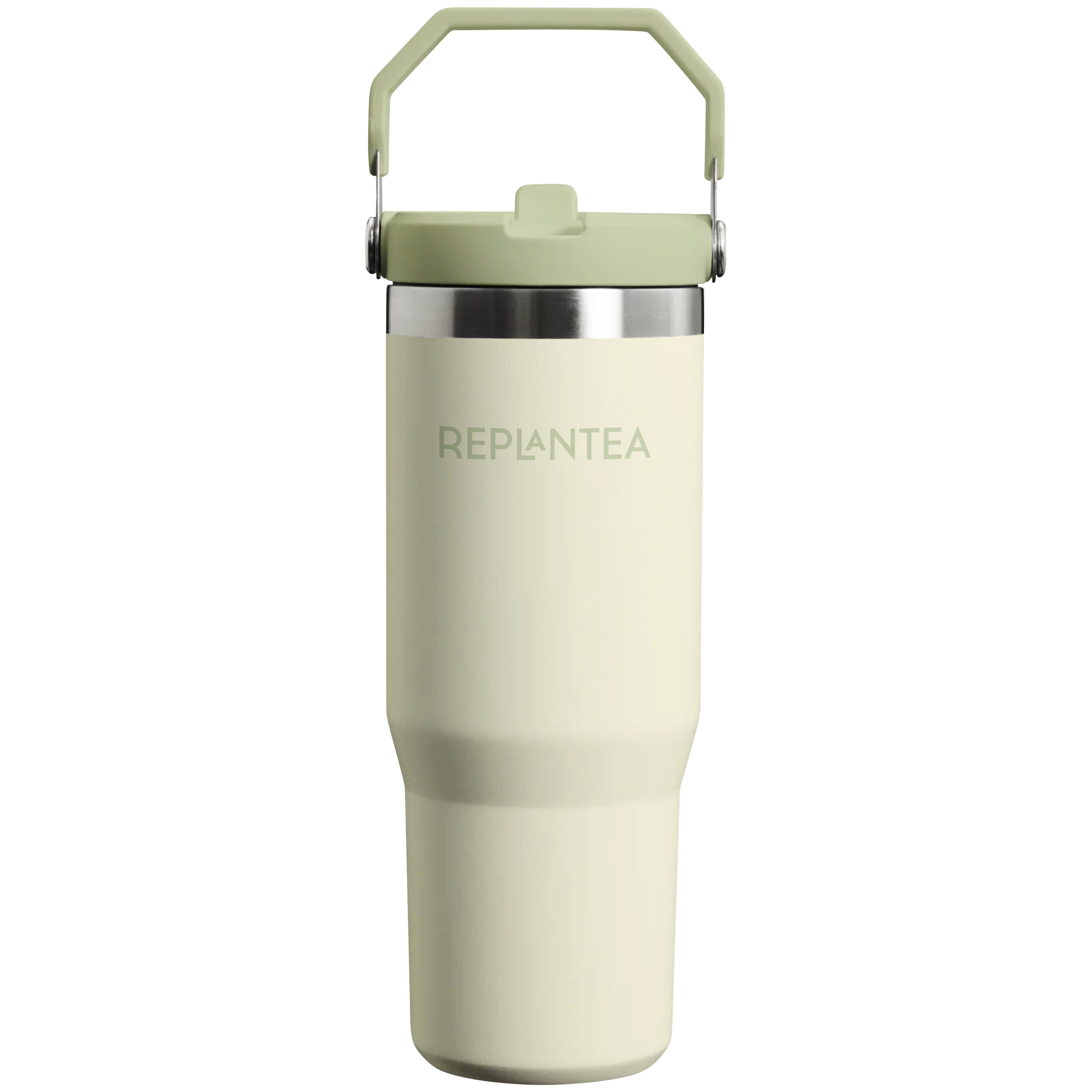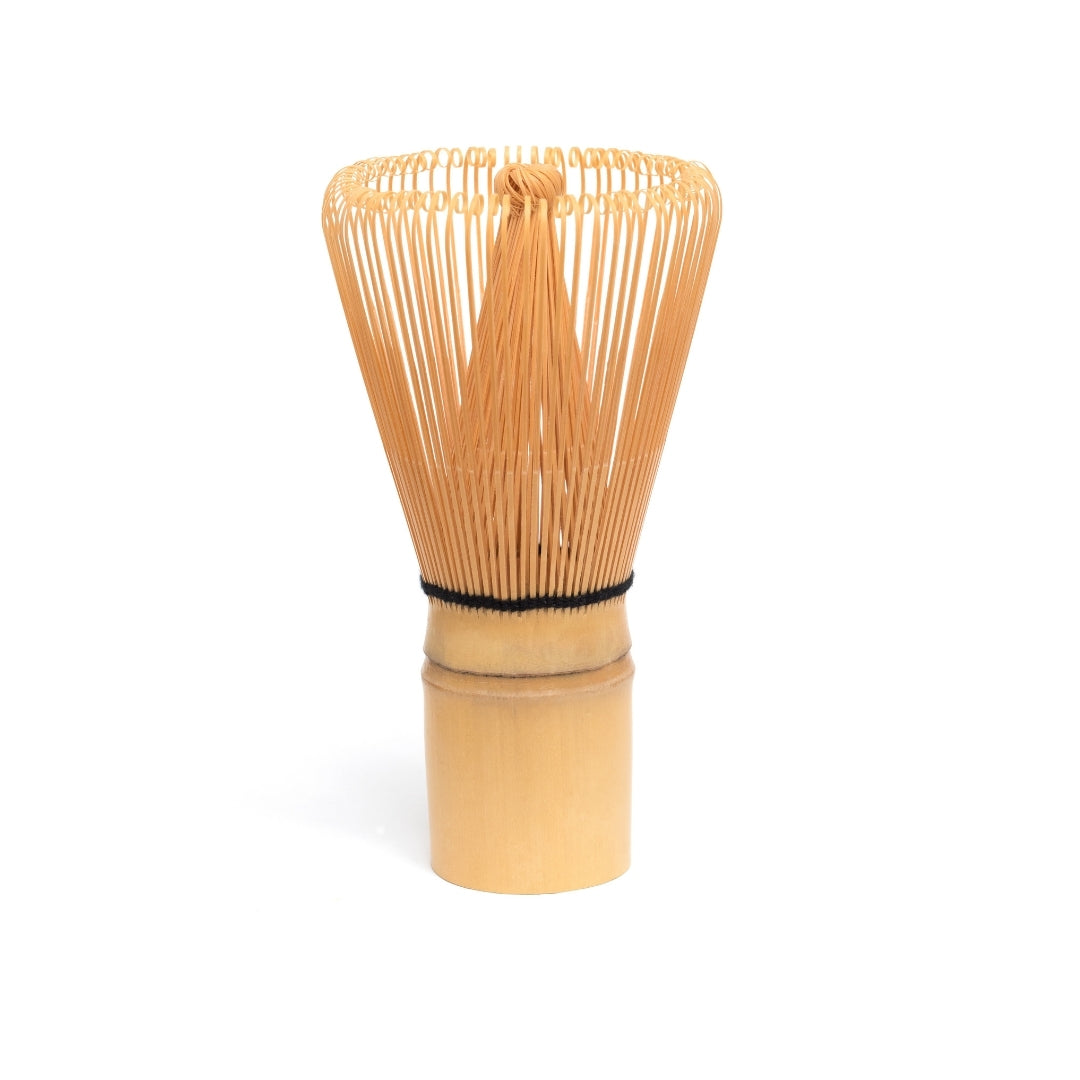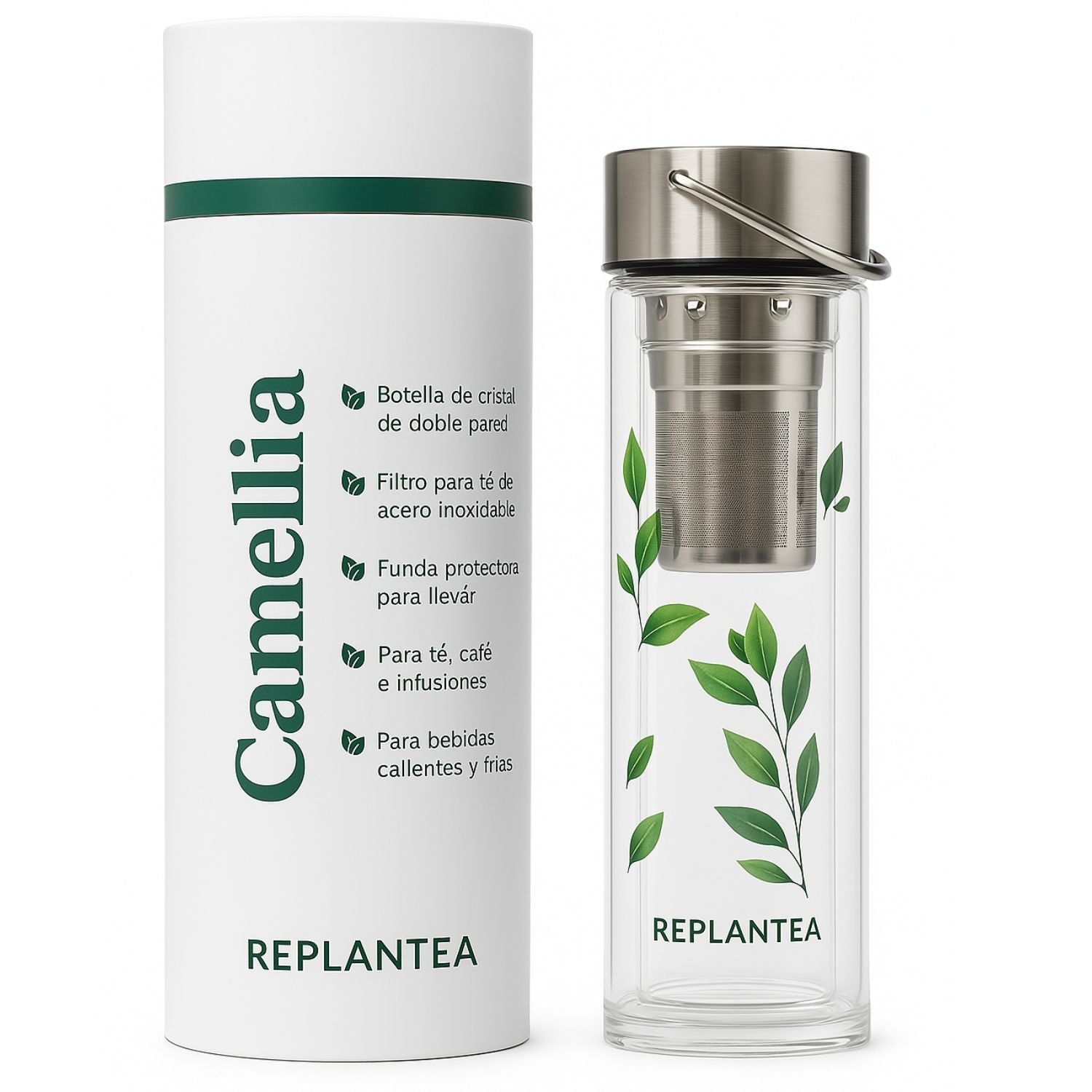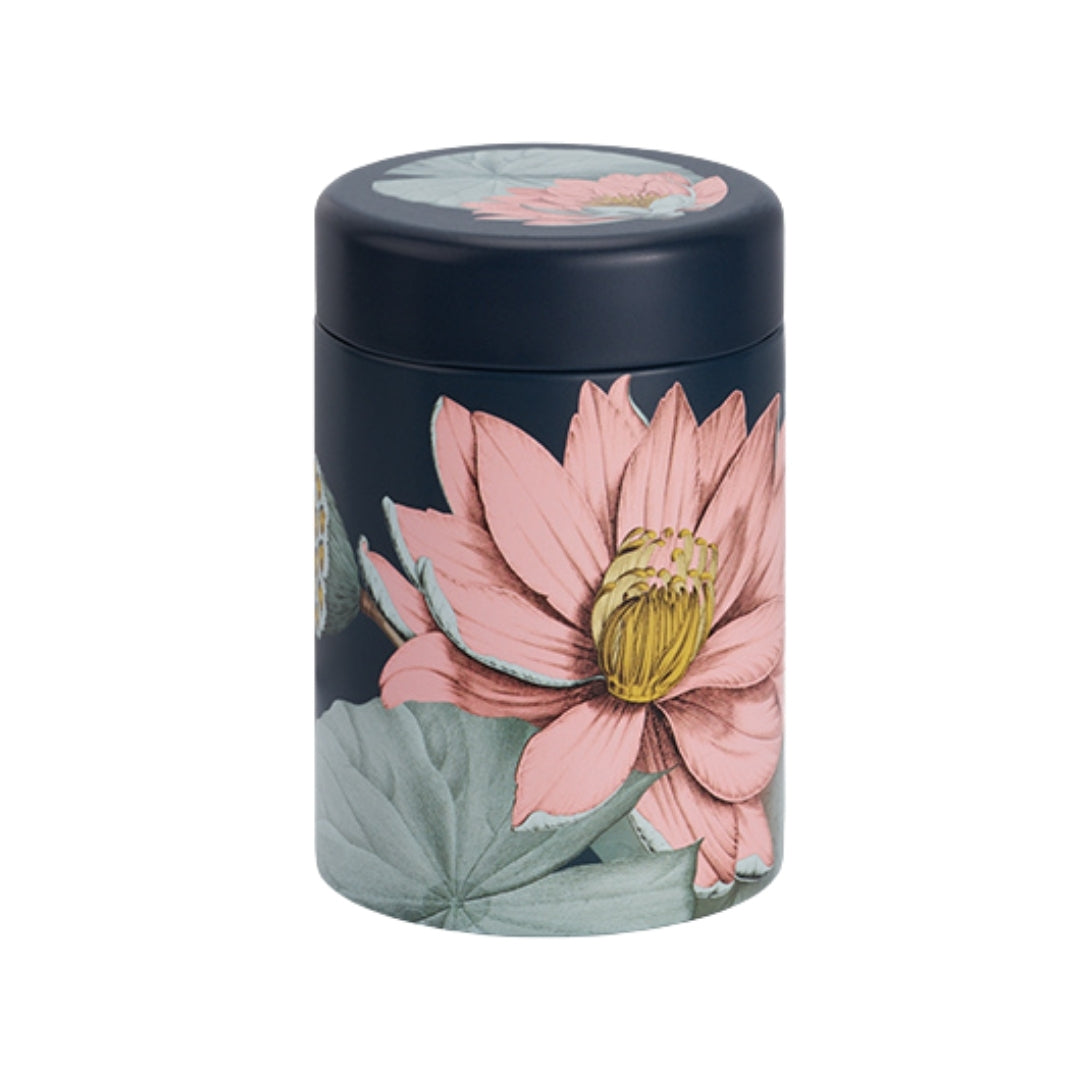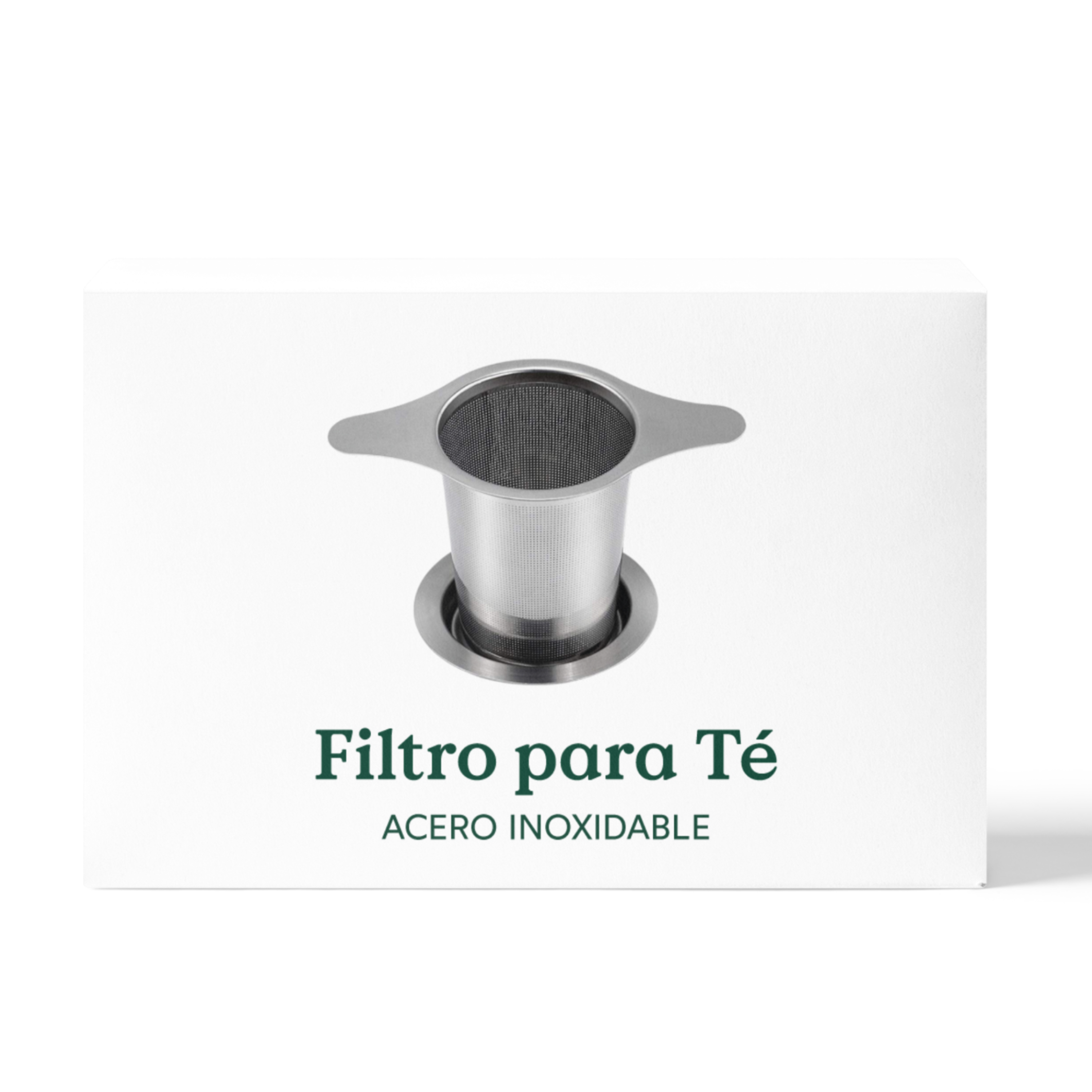Blog Replantea
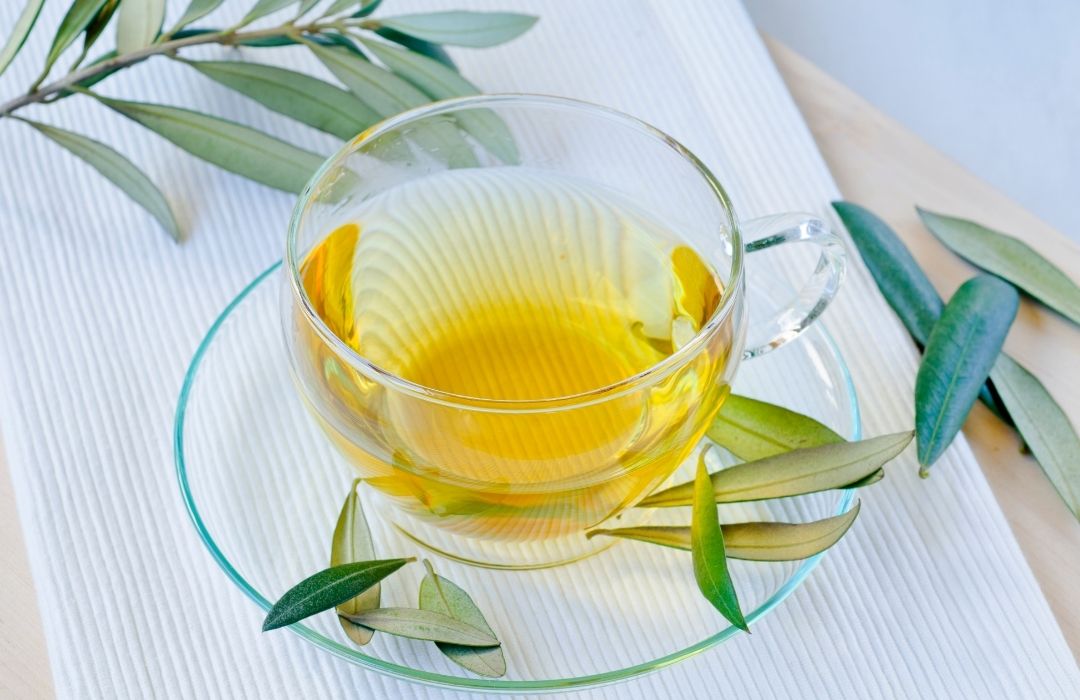
Olive Leaf Infusion: Properties and Benefits
on Feb 22 2022
Olive leaves, Olea euroaea L. , have been used in various traditional remedies in Mediterranean countries such as Spain, Greece, Italy, Turkey, and Tunisia. They are typically used as extracts, infusions , or powder.
The properties of olive leaves come mainly from their phenolic components, such as oleuropein, for its antioxidant, anti-inflammatory, antihypertensive, and cholesterol-regulating effects.
Read on to learn a little more about the health benefits of olive leaves and the scientific studies that support them.
Polyphenols in olive leaves
Olive leaves are known for their beneficial effects on metabolism , these properties are attributed to the large amount of polyphenols they contain.
These polyphenols are produced when the olive tree reacts to attacks by insects and other pathogens, in response to the diseases they cause in the tree. The highest concentration of phenolic compounds is found in olive leaves.
The most abundant components in olive leaves are oleuropein, followed by hydroxytyrosol, and they are responsible for the positive health effects described below.
Properties of Olive Leaf
Antioxidant power
Heart health
Reduces hypertension
Prevents diabetes
1. Antioxidant Power
Oxygen and nitrogen are essential to our metabolism. They are continuously produced in the human body and are controlled by endogenous enzymes such as superoxide dismutase and catalase. When these compounds are produced in excess or there is overexposure to external oxidizing substances such as solar radiation or tobacco smoke, damage occurs to valuable molecules such as DNA and proteins in our bodies. This damage is associated with heart disease, cancer, and other chronic illnesses.
There is evidence that antioxidant compounds can prevent this oxidative damage , and that increasing the intake of foods rich in these elements reduces the risk of suffering from these diseases. The oleuropein present in olive leaves has been shown to be a potent antioxidant with significant anti-inflammatory properties , capable of neutralizing free radicals that cause cellular damage.
2. Heart health
Phenolic compounds in olive leaves and olive oil in the Mediterranean diet have been associated with a lower incidence of heart disease.
These olive leaf compounds may prevent the negative effects of oxidative metabolism, delaying atherosclerosis. Atherosclerosis is a disease in which fat, cholesterol, and other substances are deposited inside the arteries.
3. Reduces hypertension
Olive leaf infusion is well-known as a traditional treatment for lowering blood pressure . Several studies have shown that consuming olive leaf extract can significantly reduce blood pressure in individuals with hypertension, with its effect comparable to that of some common antihypertensive medications.
These trials also improved blood cholesterol and triglyceride levels , leading to a reduced risk of cerebrovascular disease.
4. Prevents diabetes
Olive leaves have also been used as a medicinal herb to treat diabetic hyperglycemia . Several studies have demonstrated the hypoglycemic power of oleuropein.
A study conducted in diabetic subjects demonstrated that oleuropein may be beneficial in inhibiting hyperglycemia and oxidative stress caused by diabetes.
How to take olive leaf?
Olive leaf can be taken in extracts, supplements, or infusions. As with other herbs and plants, we recommend taking it as an infusion, as it's a natural and measured way to see the effects on your body gradually.
We also recommend using organic olive leaves , since the olive tree (and its leaves) are generally subjected to chemical treatments like sulfates, and these harmful elements are absorbed by the leaves. By using certified organic leaves, you ensure that only natural and beneficial components reach your body.
At Replantea, we offer an organic olive leaf and apricot infusion with a fruity flavor and no added sugar. You can drink it at any time because it also contains no caffeine.
Contraindications of olive leaves
To date, no risks have been found in taking olive leaf infusion, and because this infusion has been consumed for centuries in the Mediterranean region without any reported side effects, it is considered safe for most people.
Likewise, if you are under medical treatment for any condition, talk to your doctor before taking any olive leaf infusion.
Sources
- Sedef N El, Sibel Karakaya, Olive tree ( Olea europaea ) leaves: potential beneficial effects on human health , Nutrition Reviews , Volume 67, Issue 11, 1 November 2009, Pages 632–638.
- Hemant Poudyal, Fiona Campbell, Lindsay Brown, Olive Leaf Extract Attenuates Cardiac, Hepatic, and Metabolic Changes in High Carbohydrate–, High Fat–Fed Rats, The Journal of Nutrition , Volume 140, Issue 5, May 2010, Pages 946–953.
- Lockyer, S., Corona, G., Yaqoob, P., Spencer, J., & Rowland, I. (2015). Secoiridoids delivered as olive leaf extract induce acute improvements in human vascular function and reduction of an inflammatory cytokine: A randomized, double-blind, placebo-controlled, cross-over trial. British Journal of Nutrition, 114 (1), 75-83.
- Vassiliki G. Kontogianni & Ioannis P. Gerothanassis (2012) Phenolic compounds and antioxidant activity of olive leaf extracts , Natural Product Research, 26:2, 186-189.

